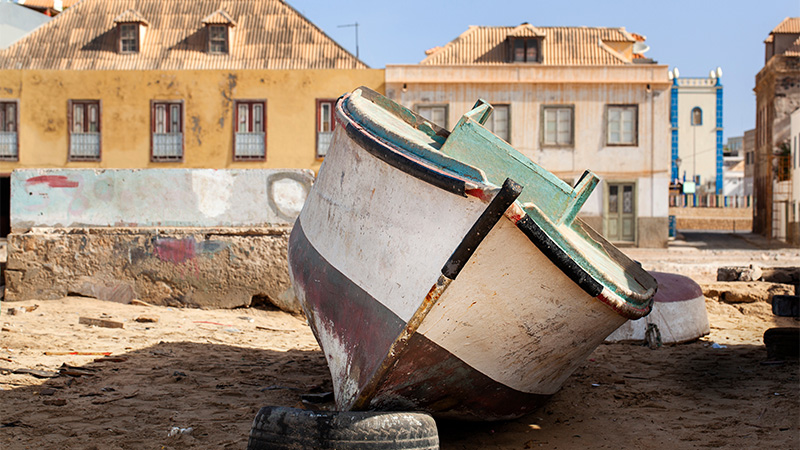The harmful impact of the COVID-19 crisis on the progress towards achieving the Sustainable Development Goals (SDGs) has been recognized by the General Assembly in its resolution 74/270, which calls upon the United Nations system to work with all relevant actors to mobilize a coordinated global response to the pandemic and its adverse social, economic, and financial impact on all societies.
The scale of the challenges faced are especially acute in Small Island Developing States (SIDS). Amid sharp falls in tourism revenues and remittances flows, the pandemic has reinforced many of the unique and particular vulnerabilities of SIDS to economic and climatic shock that the Samoa Pathway addresses.
This project aims to strengthen the national capacities of selected vulnerable SIDS in Africa and Latin America and the Caribbean to mobilize affordable external financial resources for greener and sustainable development and a more equitable society beyond the COVID-19 pandemic, simultaneously achieving climate priorities with external financial sustainability.
The project will provide a sustainable development finance assessment framework for target countries considering the funding gaps related to the climate-related SDGs, as well as supporting these countries in implementing a national external financial strategy that will encompass climate-related innovative financial instruments, such as green bonds and debt-to-climate swaps.
The project aims to improve the access of beneficiary SIDS to external technical assistance and enhance their development financial management capacity and enhance information and dissemination about debt sustainability in the context of the SDGs.
Objective:
To strengthen the national capacities of selected vulnerable Small Island Developing States (SIDS) in Africa and Latin America and the Caribbean to mobilize affordable external financial resources for greener, more equal and sustainable development.
The project aims to Enhanced capacities of beneficiary SIDS to:
- Diagnose funding gaps and reconcile them with external financial sustainability in the post-COVID-19 setting to achieve greener and more equitable societies.
- Design policies that would enable mobilization of affordable external financial resources for a greener, more equal, and sustainable development without jeopardizing external financial sustainability.

